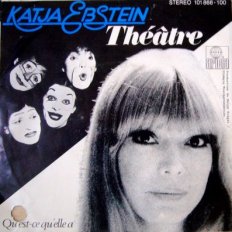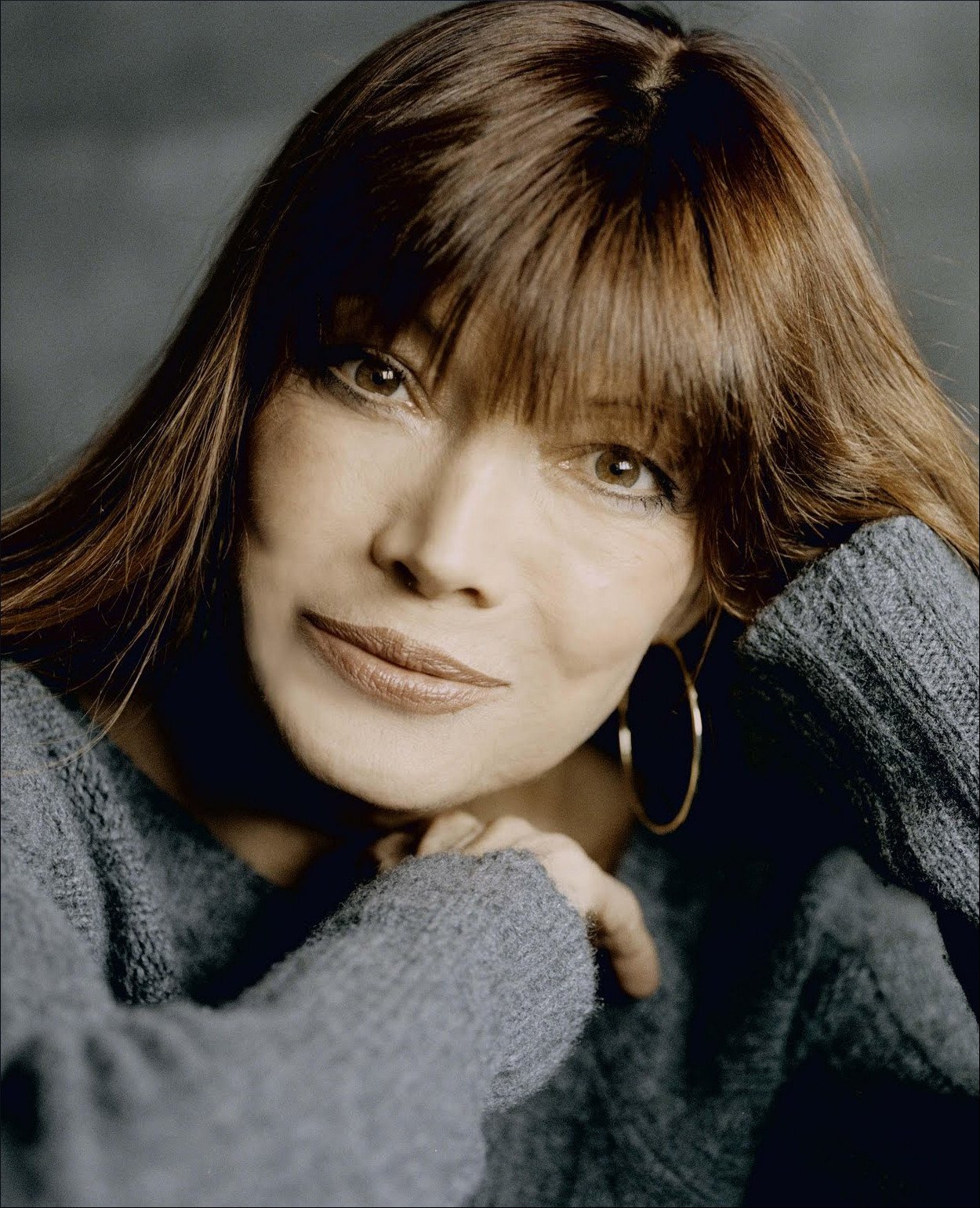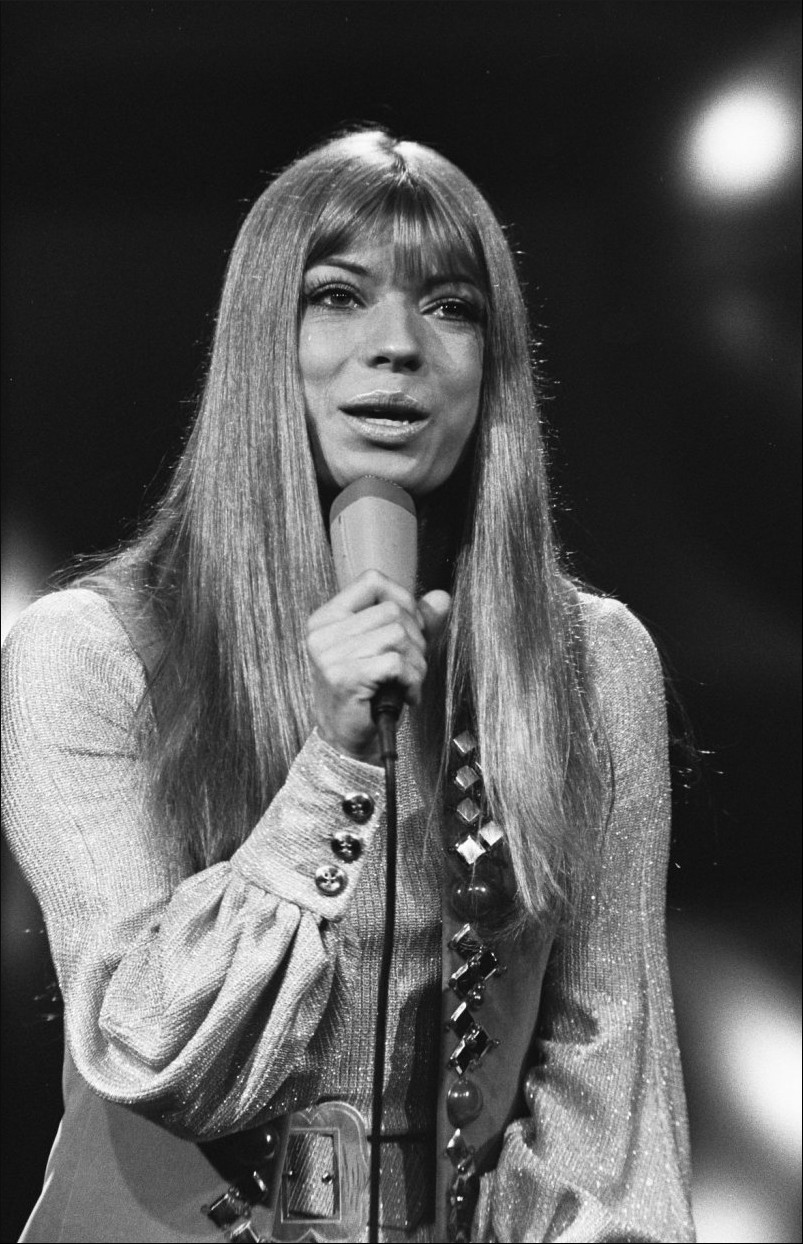
- Theater
- Released in: 1980
“Theater,” sung by Katja Ebstein, with lyrics by Ralph Siegel and Bernd Meinunger, was the German entry in the Eurovision Song Contest of 1980, in The Hague.

“Theater,” sung by Katja Ebstein, with lyrics by Ralph Siegel and Bernd Meinunger, was the German entry in the Eurovision Song Contest of 1980, in The Hague.
“Theater,” sung by Katja Ebstein, with lyrics by Ralph Siegel and Bernd Meinunger, was the German entry in the Eurovision Song Contest of 1980, in The Hague. It ended in second place, right behind Johnny Logan’s “What Another Year,” from Ireland. More than thirty years later, the song is still performed in many German vaudeville and cabaret theaters, and it is considered one of the best ever German entries into the contest.
The song’s first lines serve as an intro and are packed with metonyms referring to theater. The opening line, for example, alludes to the repetitive quality of theater plays – “jeden Abend” (every night) – and mentions some of the eminent attributes of classical theater – “eine Maske” (the mask). In the longest part of the song, before the bridge, the singer focuses on several traditional protagonists in classical theater, such as “der König” (the king), “der Bettler” (the beggar), and “der Held” (the hero), referring to them in the third person plural, “sie” (they). At several points, the text touches upon the difference between what one sees or believes he or she sees and what is actually there, behind the mask. The clown and the king are exposed under “im Rampenlicht” (the limelight) but, as actors, they also hide their inner feelings.
A bit further on, the clown “muss lachen auch wenn ihm zum Weinen ist” (must laugh although he would rather cry). To make matters worse, “das Publikum sieht nicht, dass eine Träne fließt” (the audience fails to notice that he is actually crying). Even if the actor has “Lampenfieber” (stage fright), he or she must be strong. Despite this focus on the gap between reality and make-believe, which introduces a somewhat sad note into the song, the lyrics also celebrate theater as an ecstatic “Rausch” (rush) and a “Glückseligkeit” (bliss). In the second chorus, the song’s ambivalent attitude towards its subject is boiled down to its essence: the theater is both “gehasst und geliebt” (hated and beloved), it is “Himmel und Hölle zugleich” (heaven and hell at the same time).

Since the singer, in the first part of the song, refers to the theater protagonists as “sie” (they), it is implied that she is observing them from the outside. From a distance, she watches the opposition between “sie steh'n oben” (those on the stage) and those “die unten” (in the audience). In the second part, however, the singer uses the first person plural, “wir” (we), instead of “they” or the second personal plural “euch” (you). She has become one of the performers on stage.
During the bridge, the singer addresses the age-old conceit of the world as a theater play, as it was already employed by William Shakespeare. The verse “Alles ist nur Theater” (Everything is but theater) expresses this idea rather explicitly. In the second verse of the bridge, the boundaries between theater, real-life, performance, and reality become blurred, as the singer states that everything is, at the same time, reality. The bridge ends with a metaphor, as theater is compared to a gate, a “Tor zur Phantasie,” always between two things, like a gate that separates and connects at the same time.
